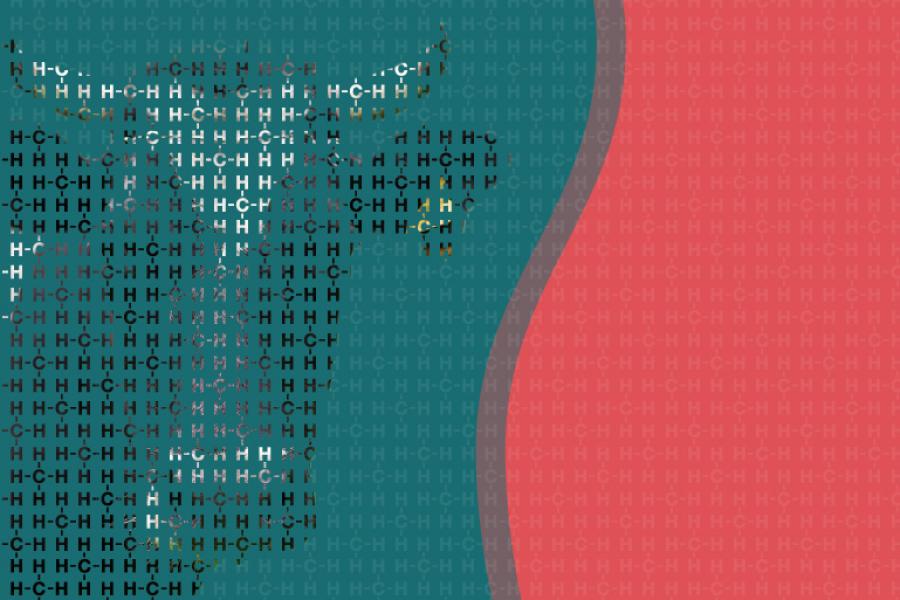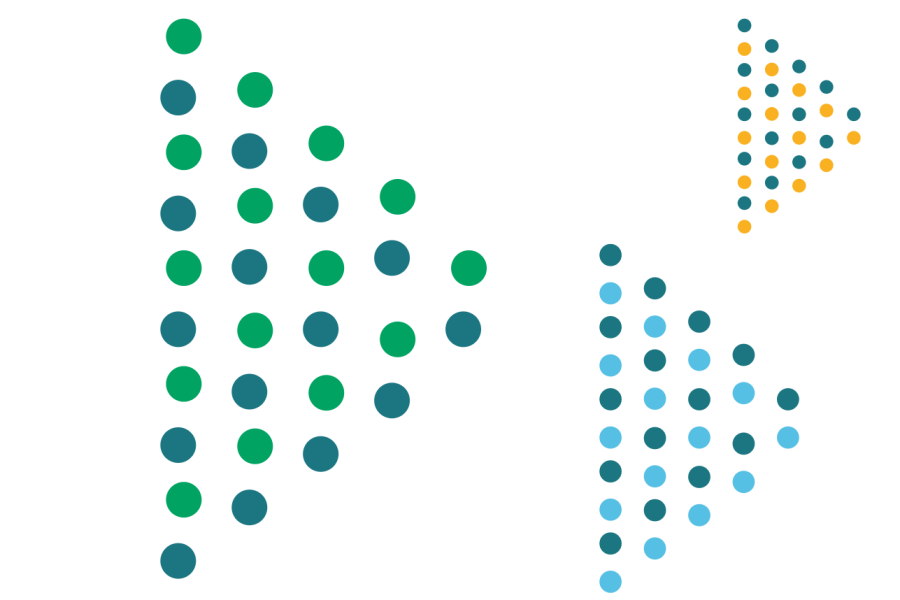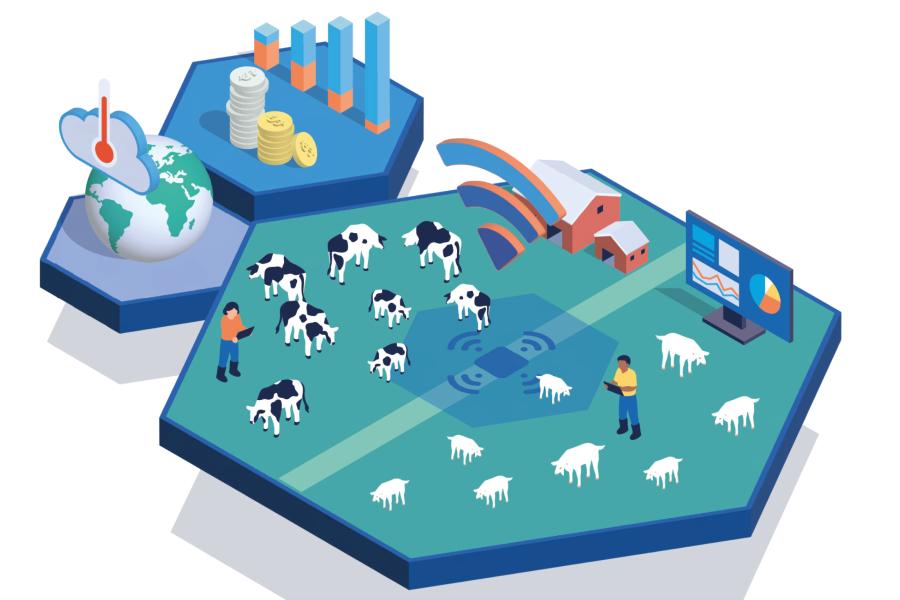Turning Roadmaps into Reality: Digital Services for Livestock Methane Reduction in LMICs
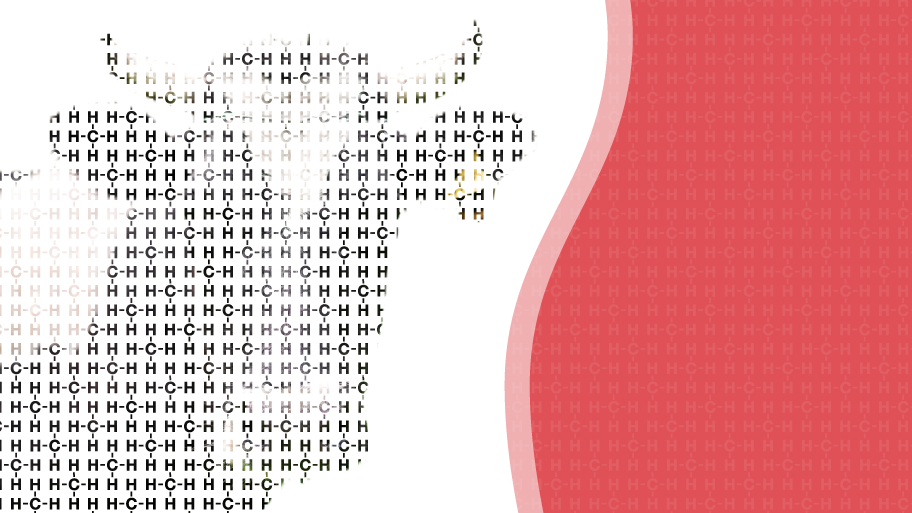
Digital tools can help the livestock sector to improve productivity and support data systems for GHG accounting. This webinar explored the new Investment Roadmap that aims to attract more investment into these digital solutions.
Watch the event recording
Join experts, government officials, and development finance leaders as we explore how to transform the newly published Investment Roadmap: Digital Services for Livestock Methane in LMICs from strategic guidance into concrete investment opportunities.
Developed by a multi-disciplinary Solutions Group convened by Livestock Data for Decisions (LD4D) and the Climate and Clean Air Coalition (CCAC), the Investment Roadmap brings together diverse expertise in livestock, climate, finance, policy, and digital innovation to provide practical, evidence-based guidance for scaling digital services for livestock.
This interactive webinar will dived deep into the roadmap's recommendations and examined practical pathways for implementation, featuring insights from the report's authors alongside key stakeholders from governments and international financial institutions.
Perfect for policymakers, investors, development practitioners, and anyone interested in scaling digital solutions for agricultural emissions reductions in low-and middle-income countries.
Key insights
- Overview of the Investment Roadmap's key findings and investment pathways
- How governments can prioritise digital livestock methane solutions and use the roadmap for policy decisions
- How international financial institutions can leverage the roadmap to structure and scale investments
- Real-world implementation challenges and opportunities from expert practitioners
Programme Overview
Part 1: Tour of the Investment Roadmap (15 minutes) In-depth walkthrough of the Investment Roadmap, exploring its key findings, recommended investment pathways, and priority areas for digital livestock methane solutions in developing countries.
Part 2: Policy implementation (35 minutes) Policy experts discuss why digital livestock solutions are a strategic priority for enhancing productivity and reducing emissions, and how to use the roadmap to guide policy and investment decisions.
Part 3: Scaling Through Investments (35 minutes) Development experts explore how international financial institutions can identify, structure, and scale investments in this sector. Discussion on financing approaches and partnership models.
Speakers
-
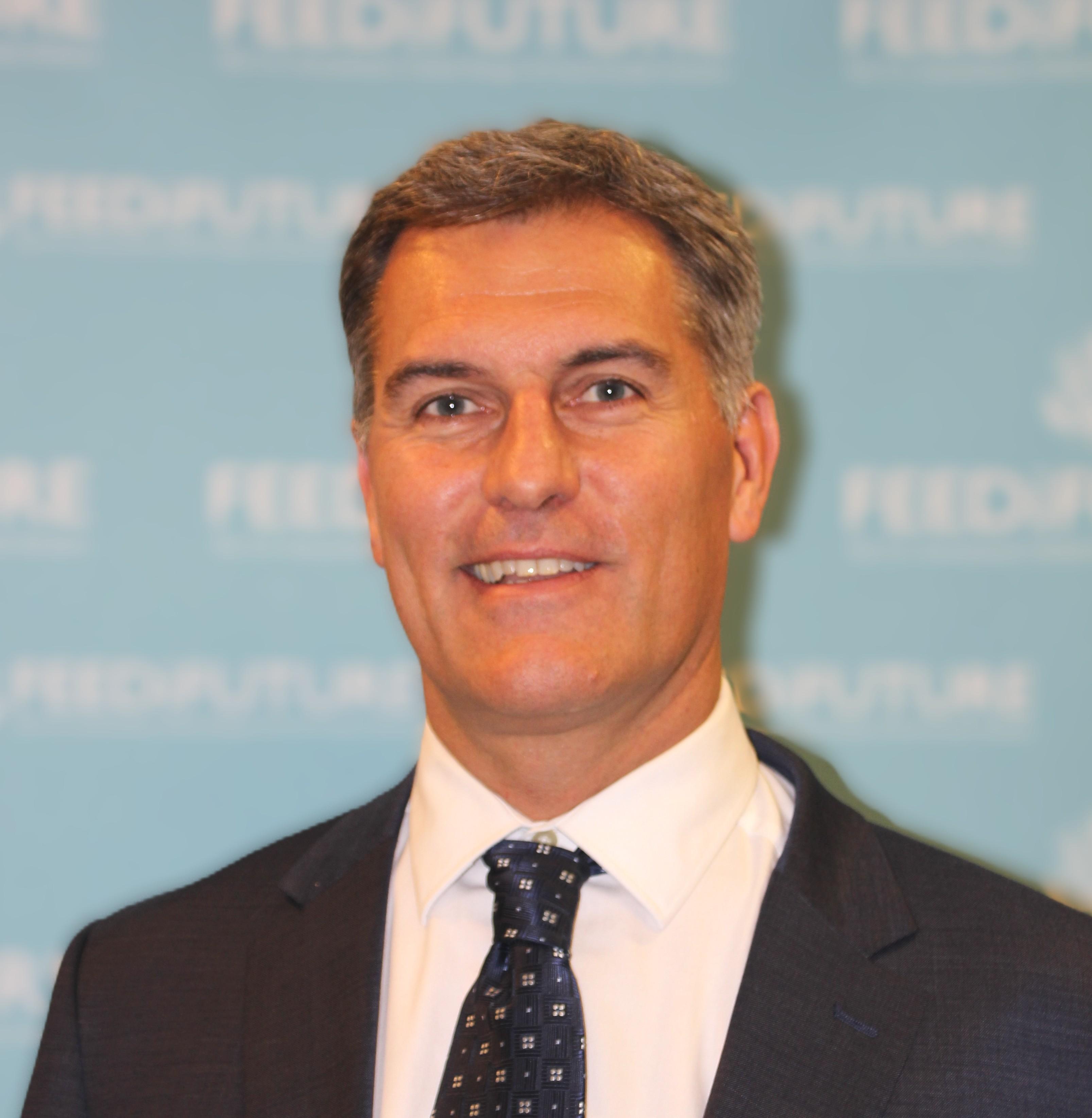
Andrew Bisson
Position Advisor, LD4DAndrew Bisson is a senior livestock expert with global experience in program development. He began in smallholder veterinary practice and holds an MSc in Tropical Veterinary Medicine and Epidemiology. He has worked across Africa, Asia, and the Middle East on pastoral and mixed systems. His interests include community-based animal health, One Health, zoonotic disease control, market systems, and resilience programming.
-
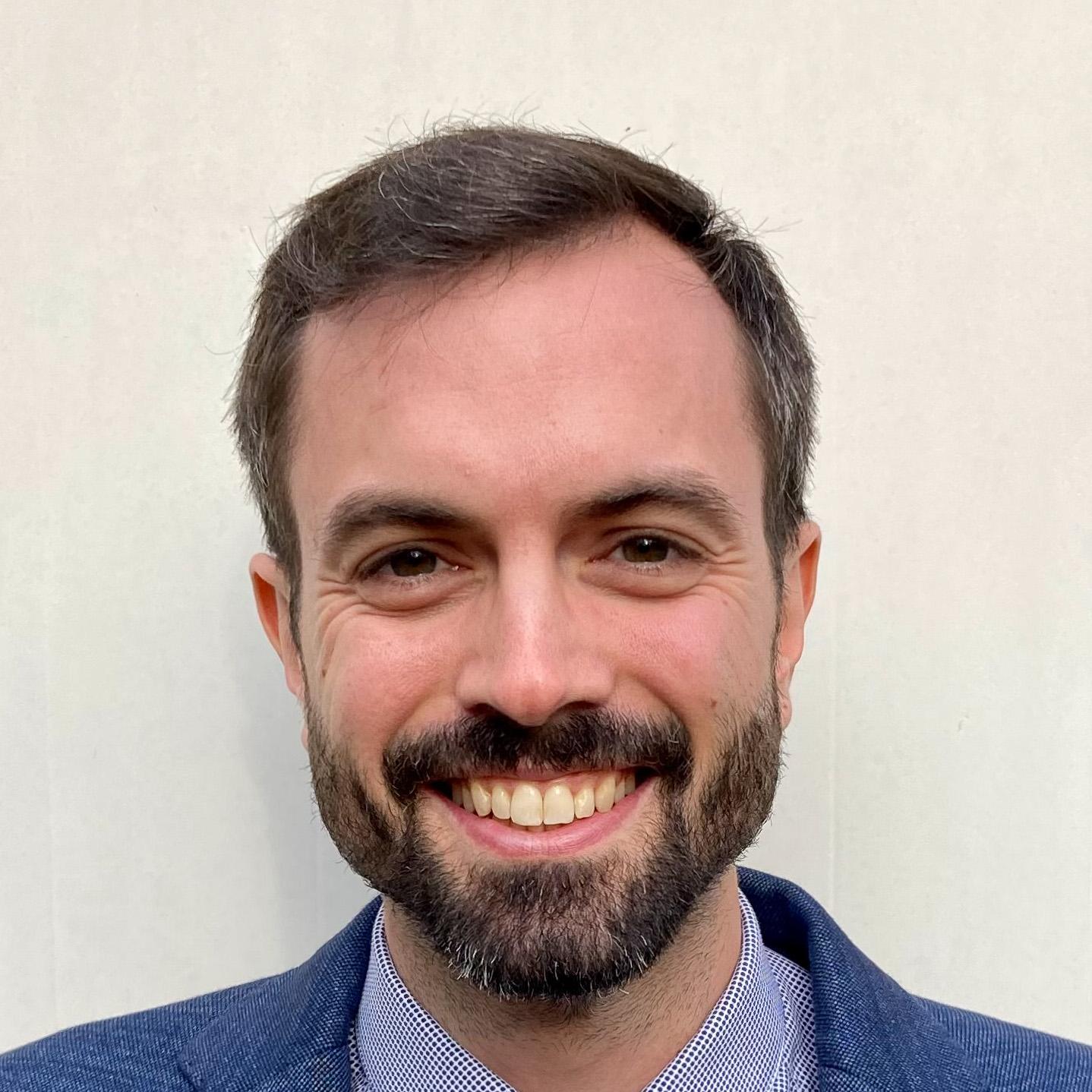
Gregory Kohler
Position Agriculture Expert, Climate & Clean Air CoalitionGregory leads the Agriculture Hub of the Climate & Clean Air Coalition, a voluntary network of governments and key stakeholders working together to reduce the sector's short-lived climate pollutant (SLCP) emissions from livestock, paddy rice cultivation, open burning of agricultural residue, and food loss and waste. He was previously an American Association for the Advancement of Science (AAAS) Science & Technology Policy Fellow with the Natural Climate Solutions division at USAID, working as a climate and land adviser.
-
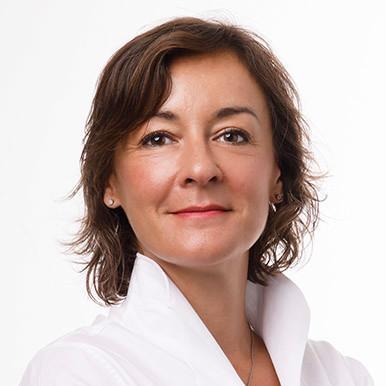
Anne Mottet
Position Lead Technical Specialist (Livestock), International Fund for Agricultural Development (IFAD)Anne leads the technical area of livestock development at the International Fund for Agricultural Development (IFAD), both a specialised UN agency and an International Financing Institution. She is responsible I am responsible for ensuring the technical quality of investments, from design to implementation and completion, as well as resource mobilisation, partnerships and knowledge management. She also coordinates the cluster "Sustainable Production" in IFAD which includes the areas of Agronomy, Livestock, Fisheries and Aquaculture, Natural Resources and Land Tenure, and Water and Infrastructures.
-
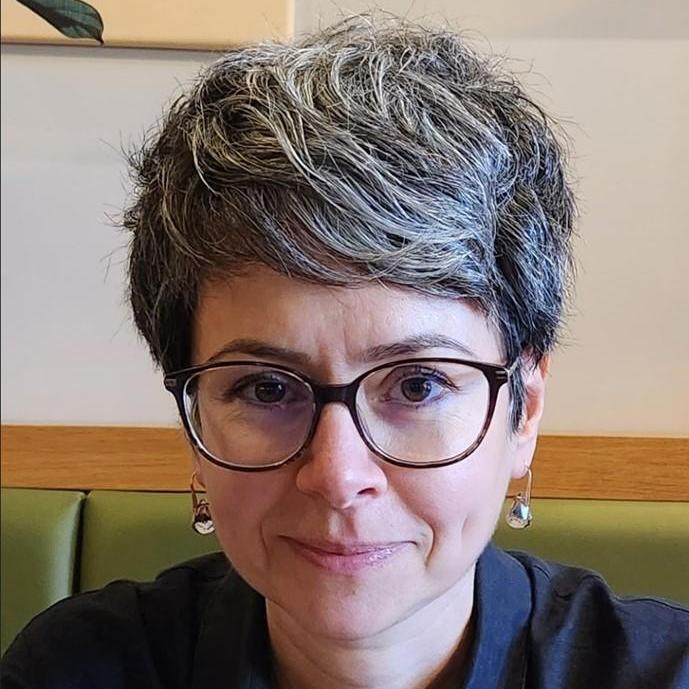
Şeyda Özkan
Position Lead consultant, Livestock Climate SolutionsŞeyda is a livestock and climate change specialist with a strong passion for policy and climate finance. Over the past 15+ years, she has provided technical and policy expertise to advance low-carbon, climate-resilient livestock production systems across the globe, with a particular focus on low- and middle-income countries. Her work spans policy development, program design, and on-the-ground implementation, bridging science, finance, and governance to create sustainable solutions for the livestock sector.
-
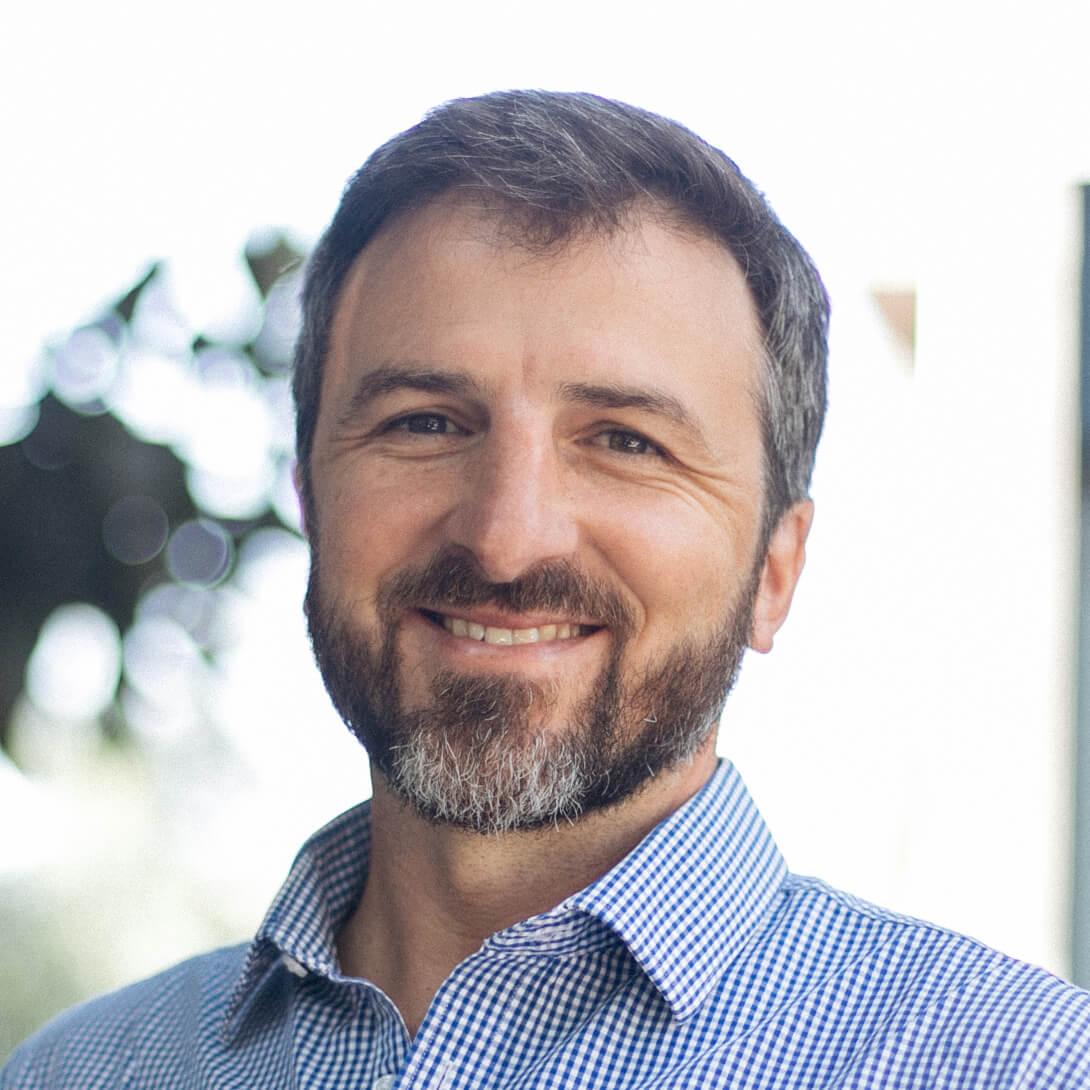
Santiago Fariña
Position Program Officer for Agriculture-Livestock, Global Methane HubSantiago’s interest is in changing food systems to reduce their impact on climate change and enhance their overall sustainability. His expertise is in livestock systems, particularly in developing countries and in projects with a triple bottom-line approach. He previously worked as director of Uruguay's national dairy research and technology program (2015-2023). His work involved leading a team of researchers and on-farm staff to carry out projects related to dairy sustainability as well as linking with governments, institutions, and companies.
-
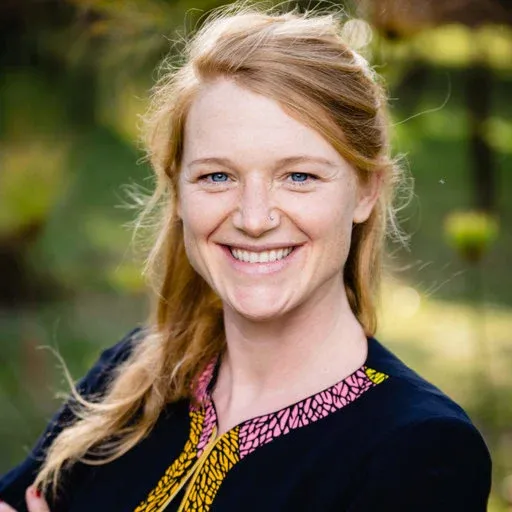
Birthe Paul
Position Advisor agri-food systems, Deutsche Gesellschaft für Internationale Zusammenarbeit (GIZ) GmbHBirthe has worked in the field of sustainable agricultural and livestock systems, climate change, and soil and land restoration for the last 15 years. She currently heads the global program 'Catalyzing transformation towards sustainable livestock systems (LiveSys)' at GIZ based in Bonn, Germany. GIZ is the German federal enterprise promoting international cooperation worldwide. Previously, she was an environment and farming systems scientist at the International Center for Tropical Agriculture (CIAT) based in Kenya.
-
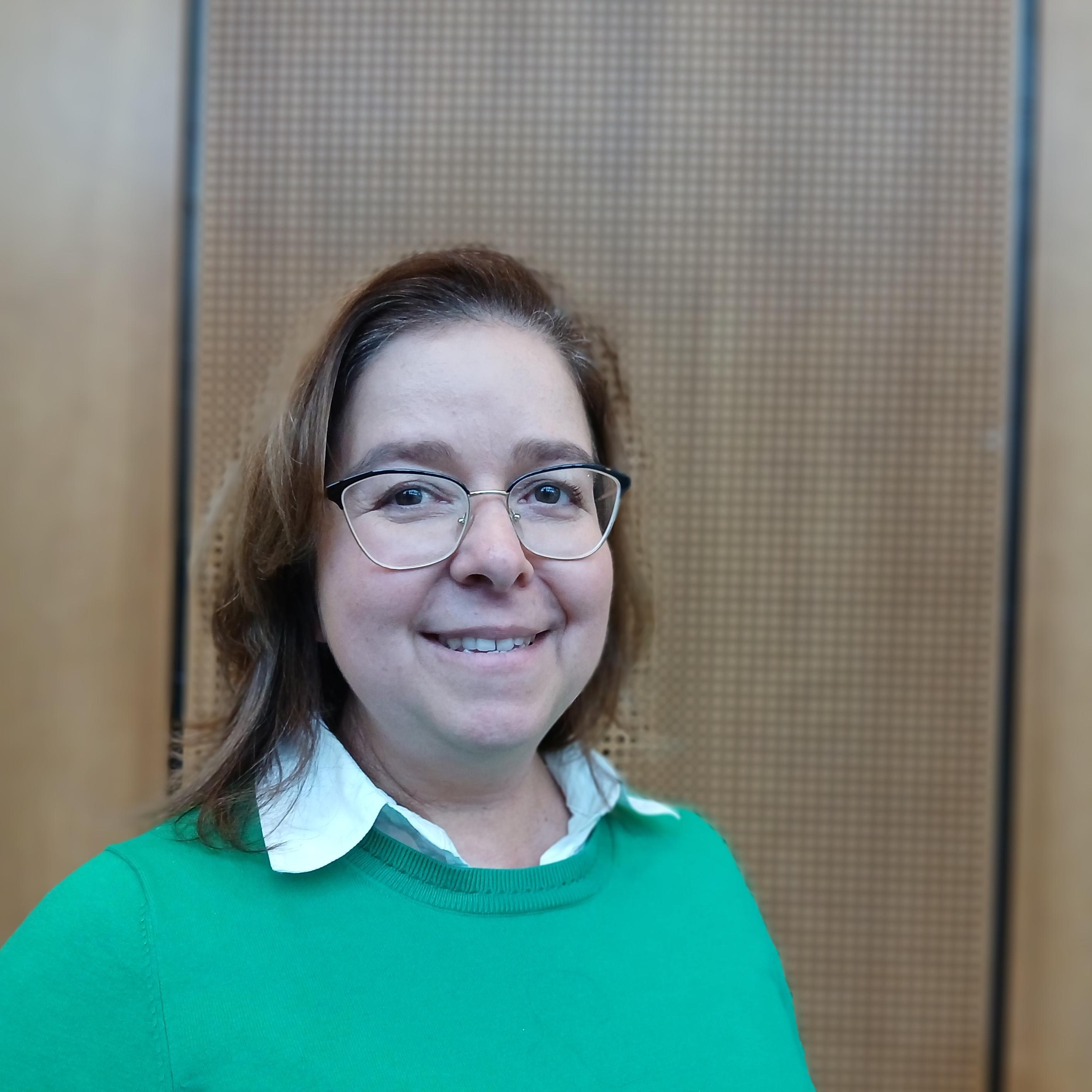
Ana Miranda
Position LD4D Development ManagerAna is an economist with expertise in providing technical assistance to programmes targeting smallholder farming systems. She has worked as a monitoring and evaluation specialist for FAO and UNDP in different projects across Latin America and Africa. She has a MSc in Economics for Rural Development and a MA in Social Policy and Social Development from the University of Manchester. As LD4D Development Manager her role is to lead on the development of the network and delivery of outputs and outcomes.
-
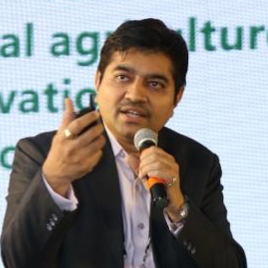
Ram Dhulipala
Position Senior Scientist, Digital Agriculture and Innovation, International Livestock Research Institute (ILRI)Ram works as a Senior Scientist – Digital agriculture and innovation in the Sustainable Livestock Systems (SLS) group at International Livestock Research Institute (ILRI), Nairobi. One of his initiatives is chart pathways for translating CGIAR science into impact through business ventures. He was previously the cluster leader for Digital Agriculture at ICRISAT, Hyderabad, India. There, he co-founded a digital agriculture innovation platform called ihub which grew to support and mentor over 20 AgTech startups in Asia and ESA. He has over 17 years working in both the public and private sectors including technology management and software development.
-
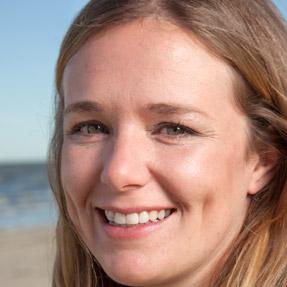
Pamela Ruiter
Position Director, Global Agriculture Methane, Environmental Defense FundPam manages strategies to help lower agricultural methane, developing innovative solutions to reduce greenhouse gas emissions while also ensuring benefits for smallholder producers, farmers, ranchers and their communities. She also brings her expertise in international sustainability to align local initiatives with international frameworks like UNFCCC, bridging technical expertise with strategic relationship building to advance climate action.
-
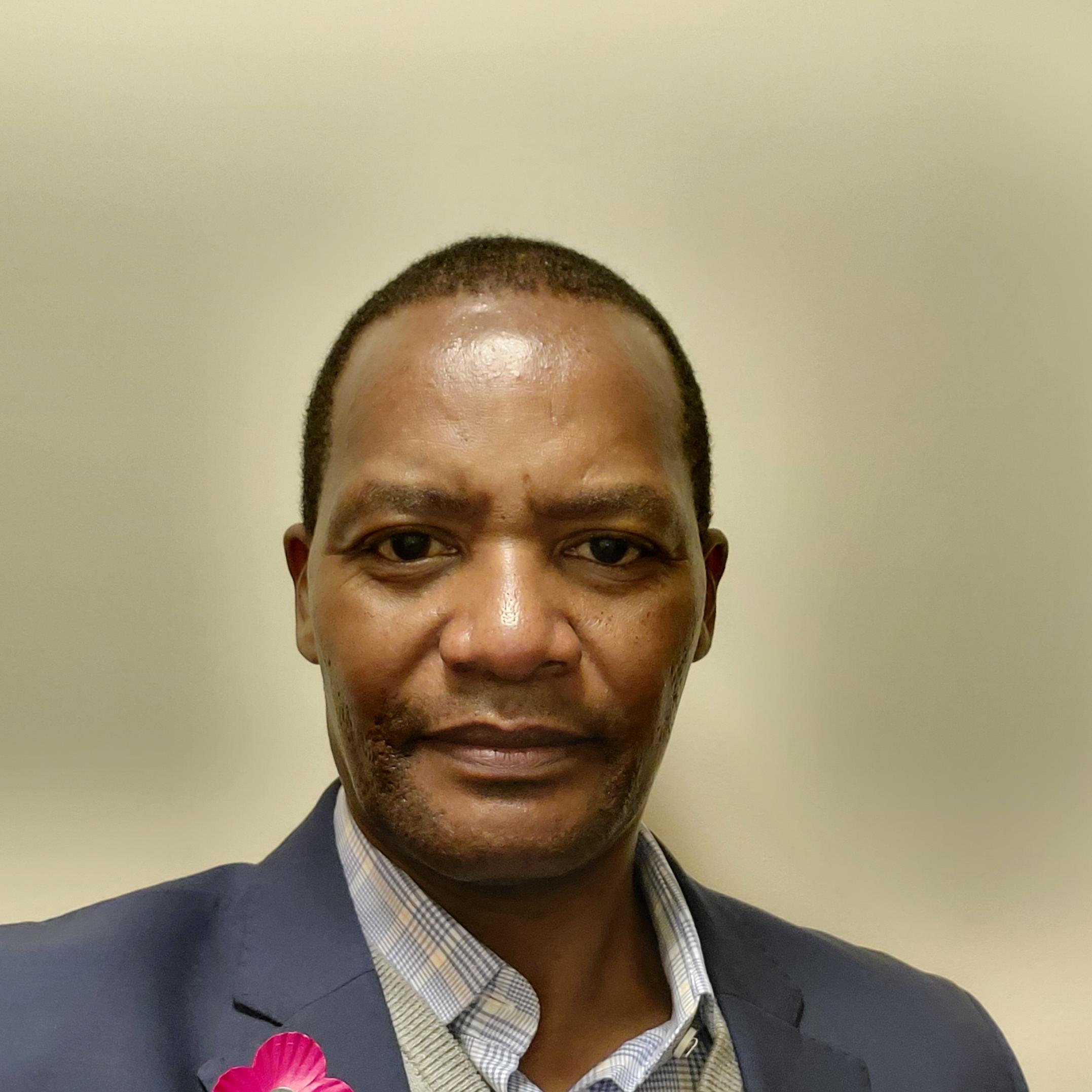
Bernard Kimoro
Position Livestock Climate Change Specialist, Government of KenyaBernard is Head of Climate Change and Livestock Sustainability, Ministry of Agriculture and Livestock Development, Government of Kenya. In this role, he leads policies to enhance adaptive capacity and sustainability in livestock systems. A member of the UNFCCC negotiation team, he has 20+ years’ experience in livestock production, rural development, GHG modelling, MRV, and value chain development.
-
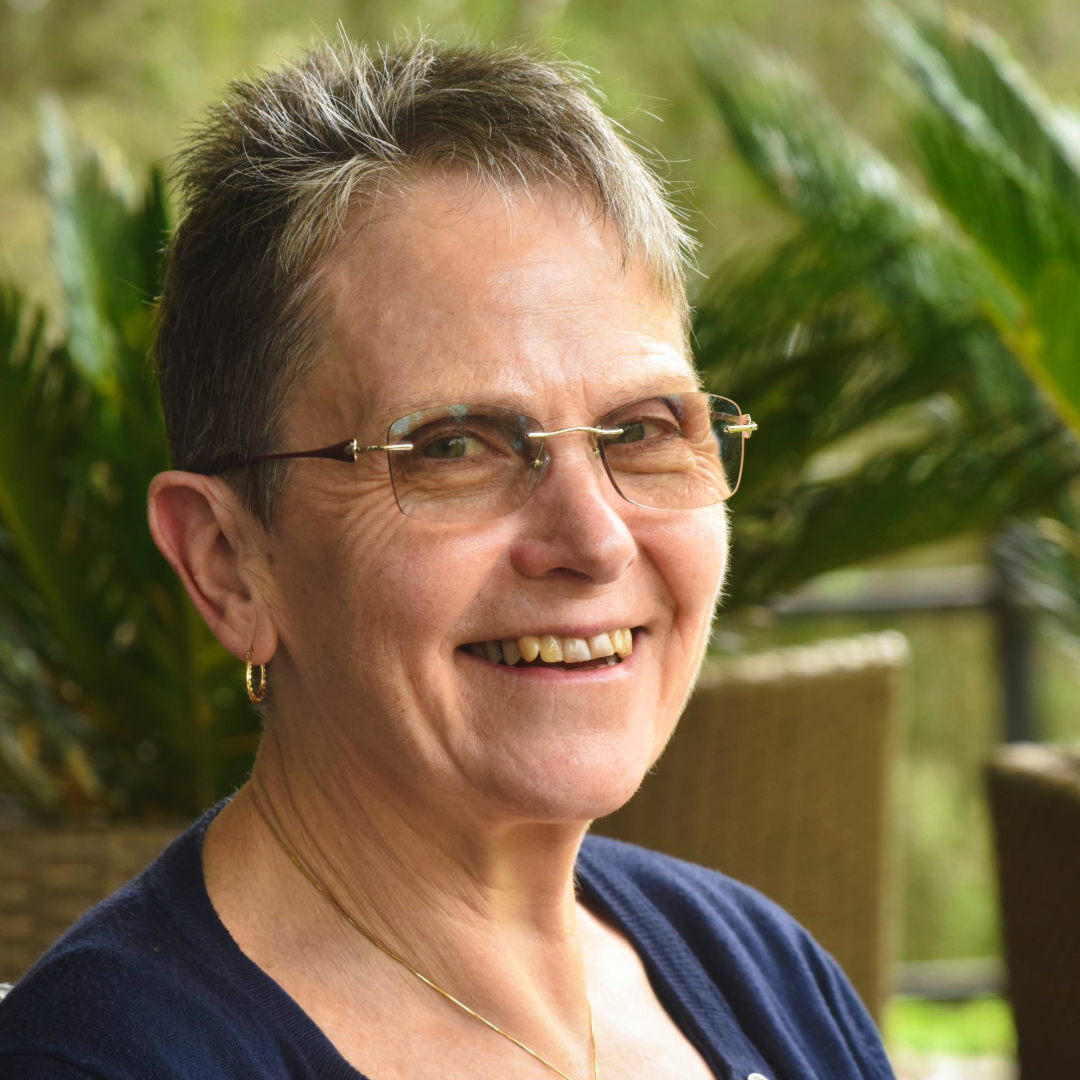
Shirley Tarawali
Position Assistant Director General, International Livestock Research Institute (ILRI)Shirley’s work at ILRI focuses on supporting sustainable livestock contributions to the wider development agenda. She has over 35 years’ experience implementing and leading livestock research for development, including in senior leadership, and has authored or contributed to over 100 publications. She holds a PhD in Plant Science from the University of London.
Why Attend?
The Investment Roadmap has starting a dialogue on how digital services for livestock can address the twin challenges of productivity and climate change in LMICs. Digital services can enhance production efficiency, support climate mitigation, and provide crucial data for emissions accounting and climate finance access, yet remain significantly underutilised.
This webinar offered an opportunity to engage directly with the authors and hear from key stakeholders about how to put these recommendations into practice.
Whether you're looking to structure new investments in agricultural technology, develop policy frameworks for livestock emissions reduction, identify partnership opportunities across sectors, or access the latest evidence on digital solutions for methane reduction, this session provides actionable insights and direct access to the experts shaping this emerging field.
